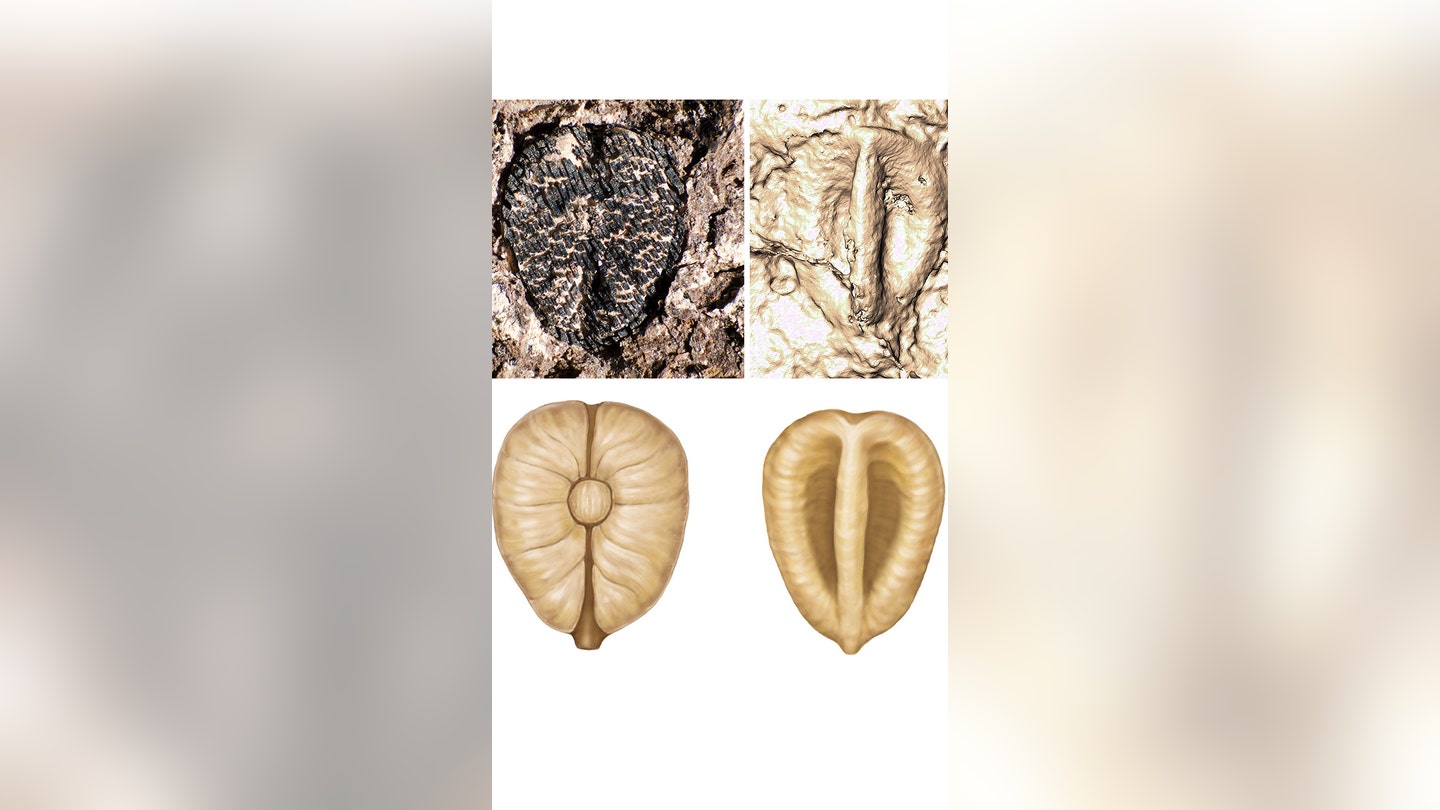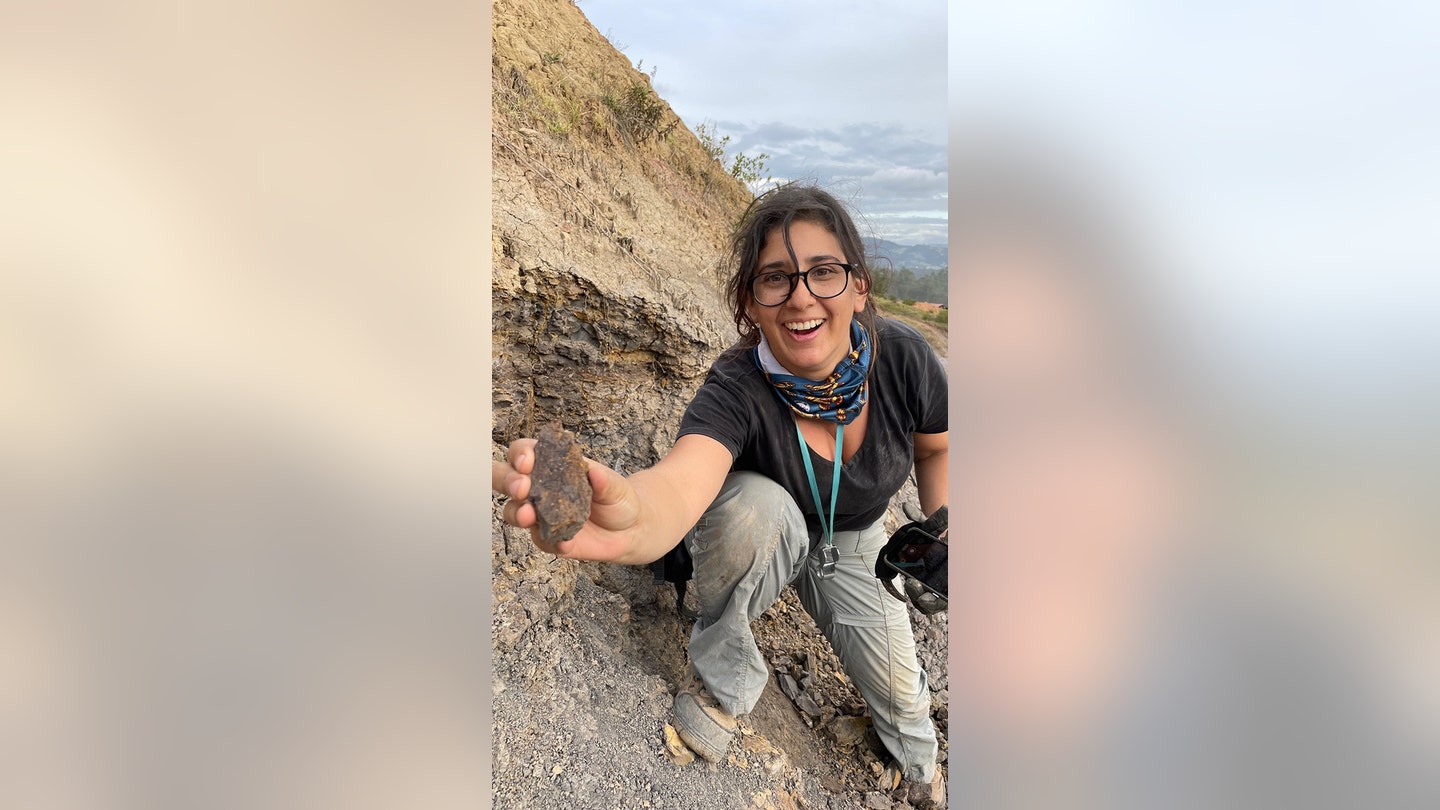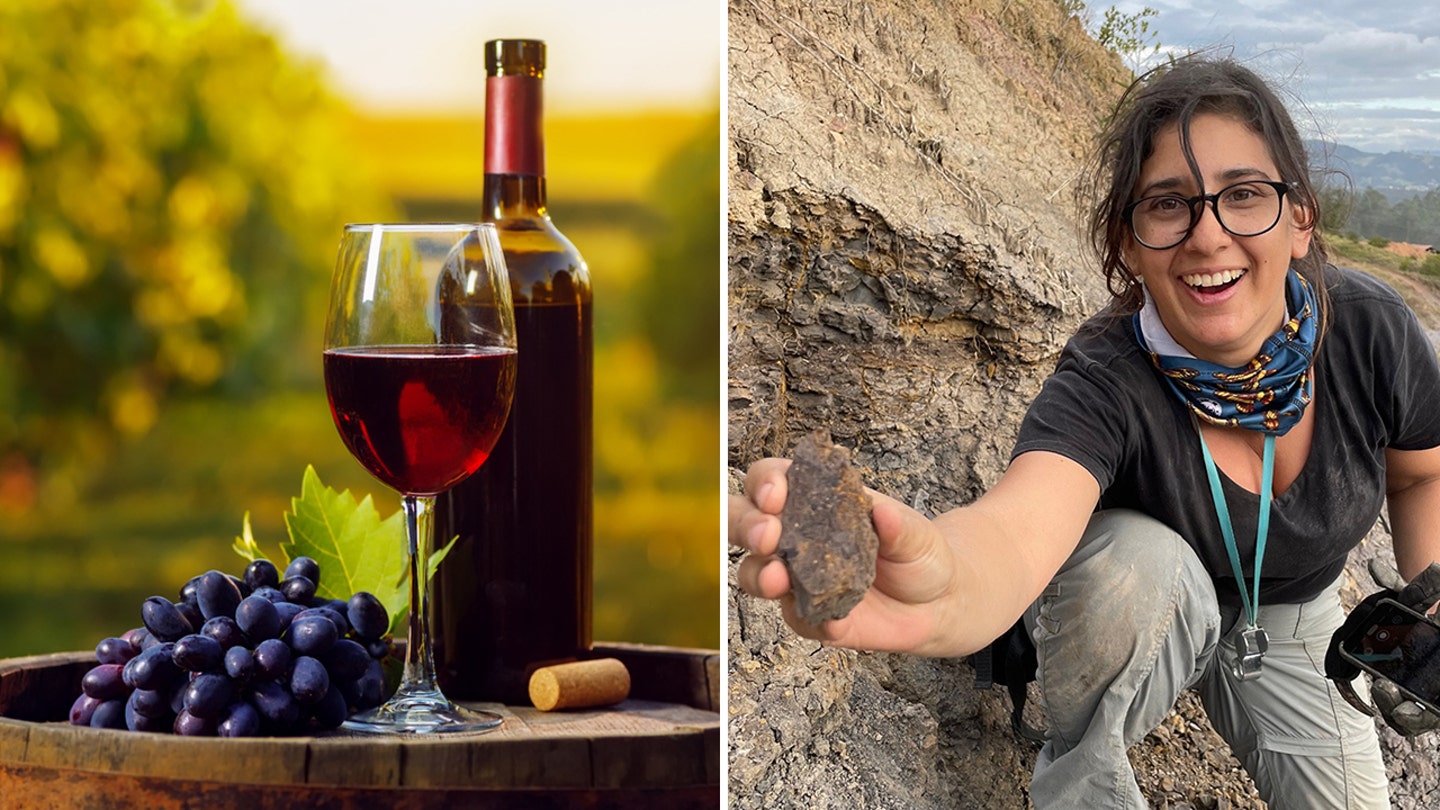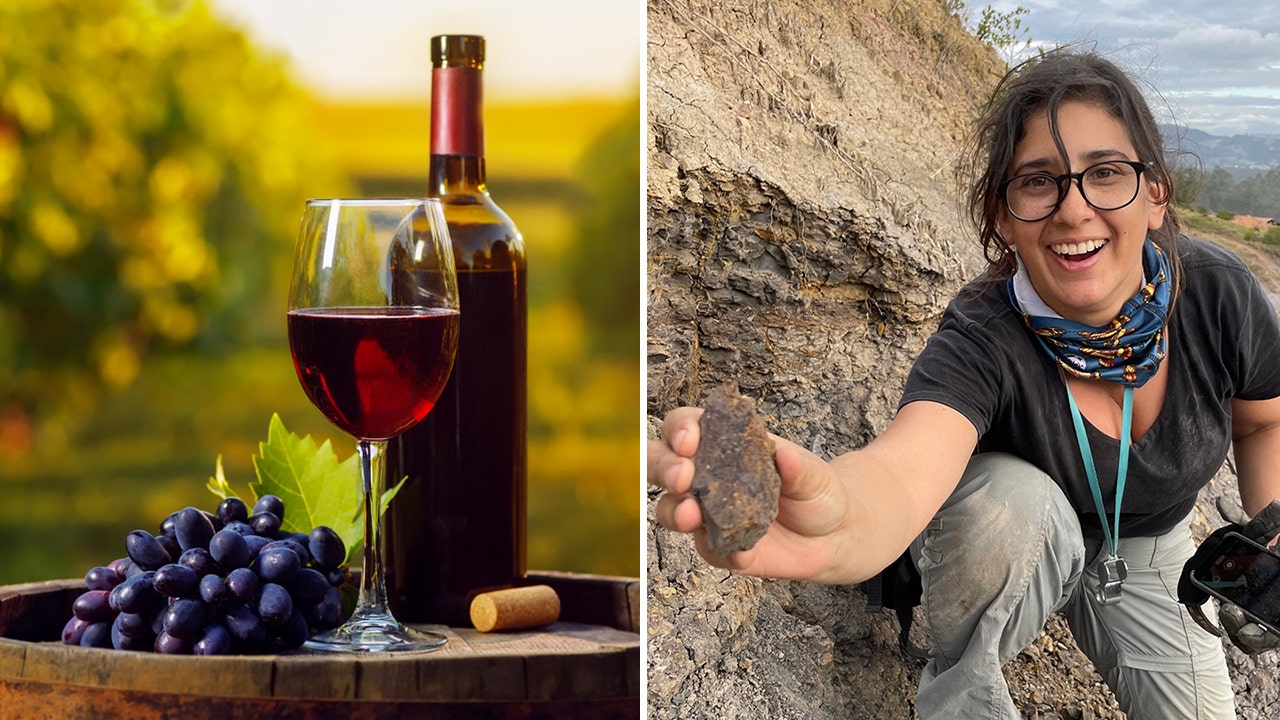A group of scientists with Chicago’s Field Museum recently discovered fossilized grape seeds that may link dinosaurs to today’s abundant wine offerings.
The South American study discovered nine new fossil grape species dating back at least 19 million years – with the oldest found in a 60 million-year-old rock.
Dr. Fabiany Herrera, assistant curator of paleobotany at the Field Museum, led the study.
THE NEW ENGLAND’S SUMMER WEAPON FROM Scrambled Clams: HERE ARE 5 PEOPLE TO LISTEN TO
The discovery proved that grapes spread around the world after the extinction of the dinosaurs, as noted in a press release.
“These are the oldest grapes ever found in this part of the world and are several million years younger than the oldest grapes ever found on the other side of the planet,” Herrera said in the release.

“I’ve been looking for the oldest grape in the Western Hemisphere since I was a student,” said the leader of the study. As a result of the new findings, the fossil record of grapes in the New World has been revised. (iStock)
According to the press release, the seeds found in Colombia, Panama and Peru could be anywhere between 19 and 60 million years old.
Dr. Monica Carvalho, an assistant curator at the University of Michigan’s Museum of Paleontology and co-author of the study, said that years ago, dinosaurs likely felled trees as they moved through forests — eventually causing the ecosystems to disappear.
MEET THE AMERICAN WHO SAVED THE CHAMPAGNE INDUSTRY: MISSOURI SCIENTIST CHARLES VALENTIN RILEY
“We think that if there were large dinosaurs roaming the forest, they likely felled the trees, effectively making the forests more open than they are today,” she said in a media statement.

The earliest fossil grape from the Western Hemisphere is approximately 60 million years old, scientists have found. (SWNS)
However, once the dinosaurs went extinct about 66 million years ago, plants re-grew in areas in South America — and trees formed in nearby neighborhoods, Herrera said.
ANCIENT NATURAL WINEMAKING TRADITION GAINS NEW FOLLOWERS IN USA
“In the fossil record, we start to see more plants using vines to climb trees, like grapes, around this time,” he said.
He further explained why he wanted to discover the “needle in a haystack” in South America.

Dr. Monica Carvalho, an assistant curator at the University of Michigan Museum of Paleontology and co-author of the new study, discovered the oldest grape fossil in what scientists said was a needle in a haystack discovery. (SWNS)
“I’ve been looking for the oldest grape in the Western Hemisphere since I was a student,” he said.
Herrera added that Carvalho was the one who found the first grape fossil.
CLICK HERE TO SIGN UP FOR OUR LIFESTYLE NEWSLETTER
He said she shouted, “Fabiany, a grape!”
He said, according to the press release, “I saw it [and] I was like, “Oh my God.”

Grape fossils were first found in the Western Hemisphere – and dinosaurs may have had something to do with the location. (iStock/SWNS)
Carvalho also said, “In excavating the fossil record in the New World tropics, we found seeds related to the grape family dating back 60 million years. This led us to review the fossil record of grapes in the New World. ” according to the University of Michigan website.
She added: “The oldest seeds we found are closely related to the large group that gave rise to commercial grapes, the subfamily Vitoideae.”
WORLD’S OLDEST WINE DISCOVERED IN ANCIENT ROME BURIAL
“We have this rich but previously poorly known fossil record for grapes in the New World, and what we’re seeing is that this family has a complex history of extinction and dispersal in the New World,” she also said, according to the same source. .

New research done in South America reflects the history of grapes in the Americas and the Caribbean. (iStock)
After performing CT scans, scientists were able to confirm the fossil based on its shape, size and other unique features, according to the press release.
After the first fossil was found, scientists found eight other new species of fossil grapes in the South American region.
CLICK HERE TO GET THE FOX NEWS APP
Carvalho said the new study reflects the history of the grape in the Americas and the Caribbean, according to the University of Michigan website.
“There was a very big gap in the fossil grape record after the dinosaurs went extinct. About 50 million years ago, we see fossil grapes in North America and Europe,” she said.

“There was a very large gap in the fossil record of grapes after the extinction of the dinosaurs,” said one of the study’s researchers. About 50 million years ago, we see fossil grapes in North America and Europe. (iStock)
“Back when the planet was warmer, grapes had a wider distribution in high, northern latitudes, but we didn’t know much about the history of this group in tropical latitudes. That’s where our work comes in.”
Fox News Digital contacted the study’s authors for further comment.
The Field Museum of Natural History in Chicago is one of the largest museums of its kind in the world.
The United States today is home to nearly 11,700 wineries.
California, the state that is home to the highest population in the US and the most vineyards in the country, consumed the most wine in 2021, with more than 155 million gallons, according to VinePair, which also cited other sources.
For more Lifestyle articles, visit www.foxnews/lifestyle
In second place was Florida, having consumed 83.2 million gallons, and Texas took third with 65.6 million gallons.
The United States today is home to nearly 11,700 wineries, according to the Wines Vines Analytics Winery database.
